I am a fake Hispanic. I don’t speak Spanish, and I’m American. I’m obviously not proud of my culture to allow myself to be whitewashed by Anglo-Saxon media. Unfortunately, this is what I am labeled as by my own people.
The Hispanic community has toxic traits, especially if you don’t speak Spanish. I don’t need to speak the language to be unapologetically Puerto Rican. At the end of the day, it runs in my blood and that will never change, but I have battled with internal and external struggles due to my language barrier.
I often get asked, “Why didn’t your parents teach you Spanish?” “Don’t your parents speak Spanish?” “It’s really unfortunate you aren’t in touch with your culture.”
To this day, I’m forced to answer these questions for the sake of respect.
My ethnicity is not determined by the language I speak. My blood and heritage define who I am. I enjoy the food, music, art, and everything my culture has to offer. I was raised in my Cuban stepdad’s old neighborhood near Miami Shores where he used to live as a child. It used to be a predominantly white area. However, as systemic racism was at its highest and immigration grew, immigrants moved in, primarily individuals with Haitian ancestry, which led years long residents to move out. It was the 80s, so there wasn’t much to expect.
In my first school, Miami Shores Elementary, I wasn’t berated much for not speaking Spanish, which is obvious as the main language was entirely English and only about two students in the entire school were Hispanics who spoke Spanish.
In fourth grade, I would suffer severe bullying as my family was forced to relocate to Calle Ocho due to my parents’ previous landlord’s unexpected passing. I had always been a victim of mocking from my peers, but I had no idea what I was going in for with this new school, Riverside Elementary.
Right off the bat, I’d be hit with “You’re a fake Hispanic!” and “You’re so white!” Defending myself made it worse, as I had no control over my emotions as a child and would resort to anger and brutal words. After all, that’s all I was used to at the time.
The mocking soon turned into verbal abuse, as my classmates and even administrators would speak in front of me in Spanish because they knew I didn’t speak the language. I was forced to pick up pieces, and at a young age, I was forced to understand offensive words, such as: “Gordita” and “Gringa.” “Gordita” is a harsh form of calling a girl overweight, which translates to fat. “Gringa” means white girl, and in the context, hurt me a lot, because not only was I being denied of my identity, but I also felt like I didn’t belong anywhere.
I wasn’t welcome in the white community either for my Puerto Rican heritage, my traditional foods being called “dog food,” and my peers often saying it stinks.
Speaking primarily English is technically an advantage as it’s one of the most spoken languages in the world, but living in Miami, not being fluent in Spanish is challenging. My first job was at an ice cream shop. During my time, I received many dirty looks and under-the-breath remarks from customers who spoke Spanish. They would often say, “How does she not speak Spanish in Miami?” or “Why is she working here?”
My main problem was understanding the language and not being able to respond. I left the job primarily to work for better pay somewhere else to fund my future college activities and current responsibilities so I can flourish in my independence, but I also left because of how much criticism I would receive from customers every shift I worked. In honesty, it got tiring. The rudeness came in different forms, but all had the same overwhelming effect on me, especially since the business is always busy.
My mental health has been greatly affected by the comments I receive almost every day. However, as I have gotten older, I have developed a tolerance to these remarks. When I was a child, it was a hard blow to my self-esteem as I was already an insecure child. The language barrier not only elicits disparaging judgements, but also a frustration because it’s harder to make sure the customer is satisfied.
I am proud of my heritage. Being Hispanic is so fun, especially with the flavorful culture and great memories that come from our traditions, but I often find myself being upset with my community for treating me differently due to the experiences that I have dealt with throughout my life. Sometimes, I feel that I shouldn’t even try integrating myself with my community because every time I do, I just get rejected. However, I’ve learned that it’s all about finding the right group of people.
All of the rude remarks, bullying, and mocking have shaped me into the young woman I am today. I feel that I am much stronger emotionally because I have trained myself to love who I am despite my shortcomings or what others may believe because they don’t know me. Of course, I will still feel angry from time to time since I will only experience more things as I get older. However, I know I will be more prepared and mature since I’ve learned from my experiences. My language doesn’t determine who I am—I decide that.




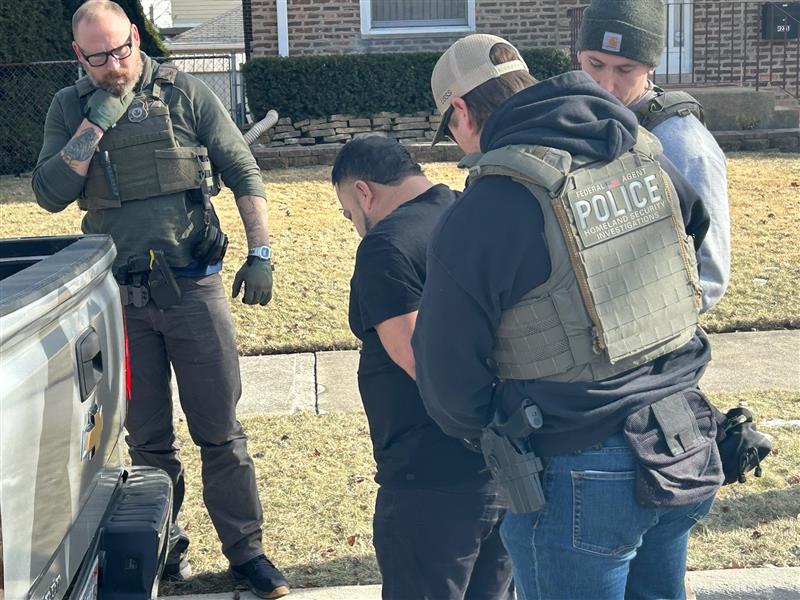
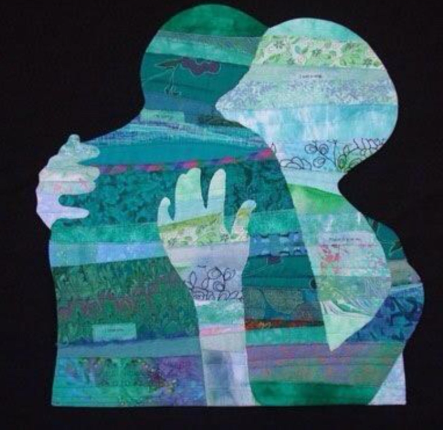
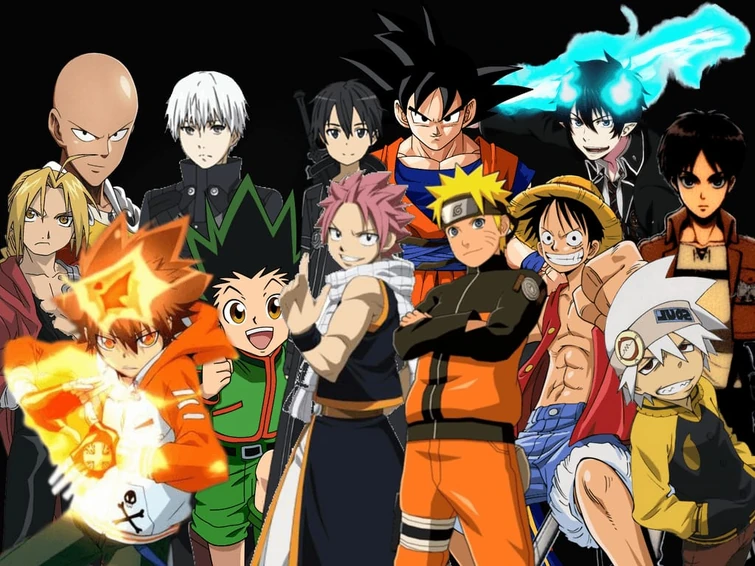
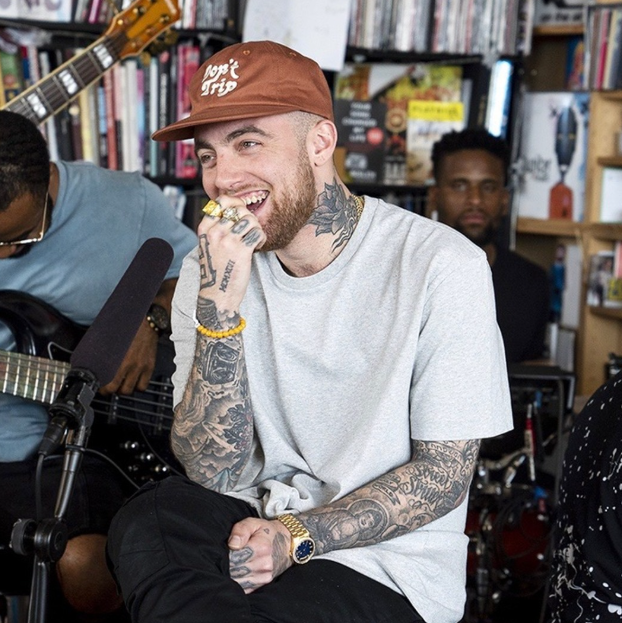
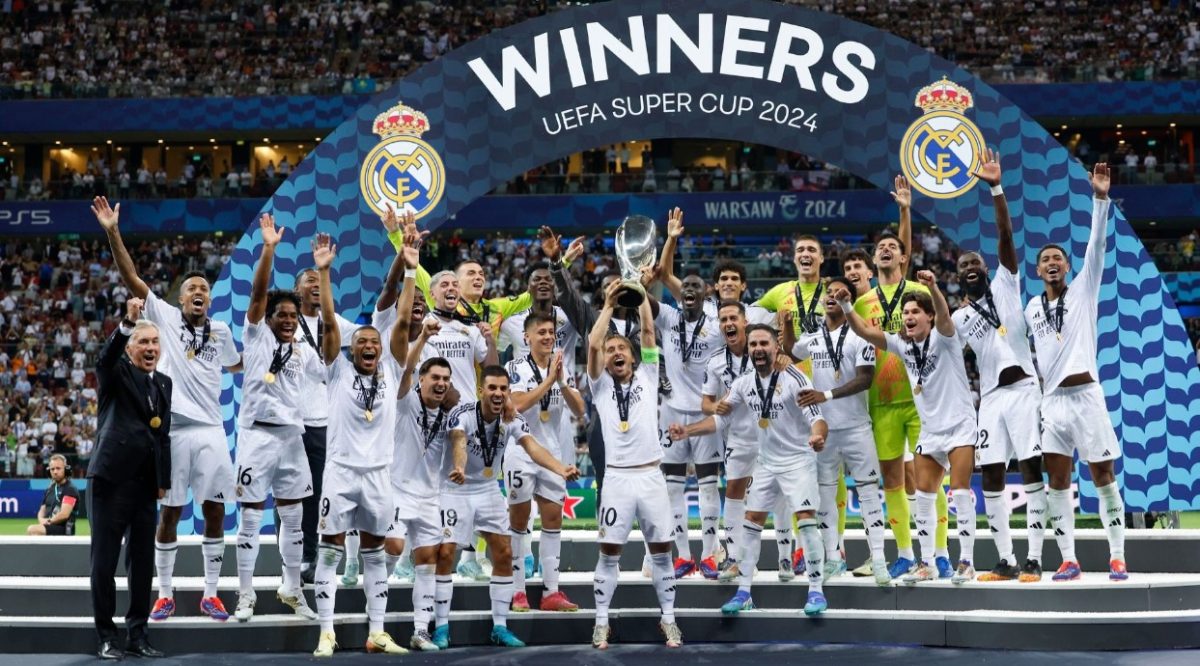

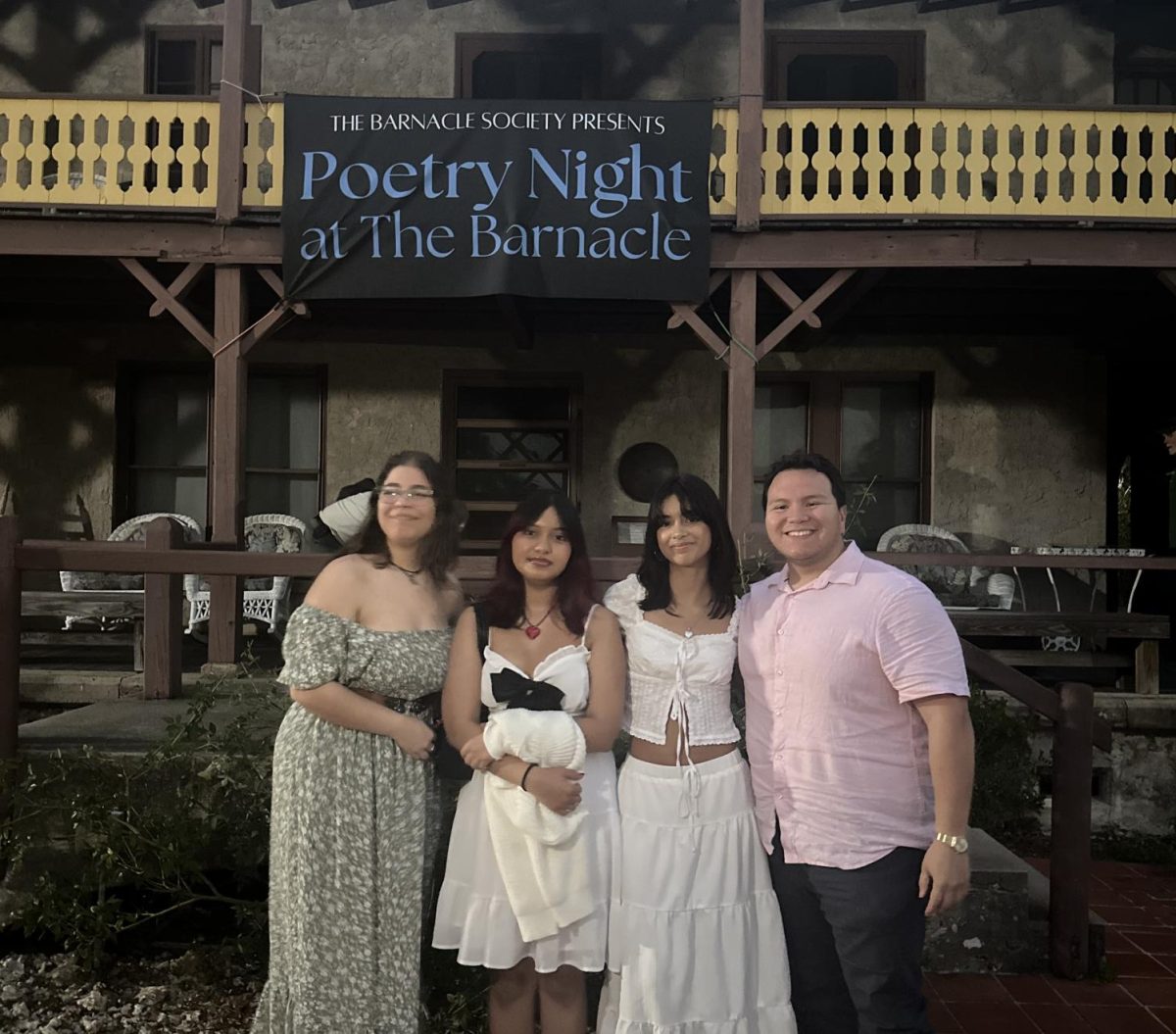
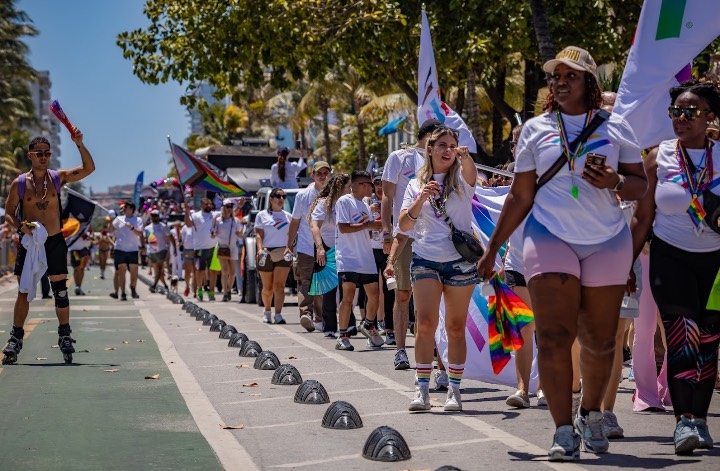
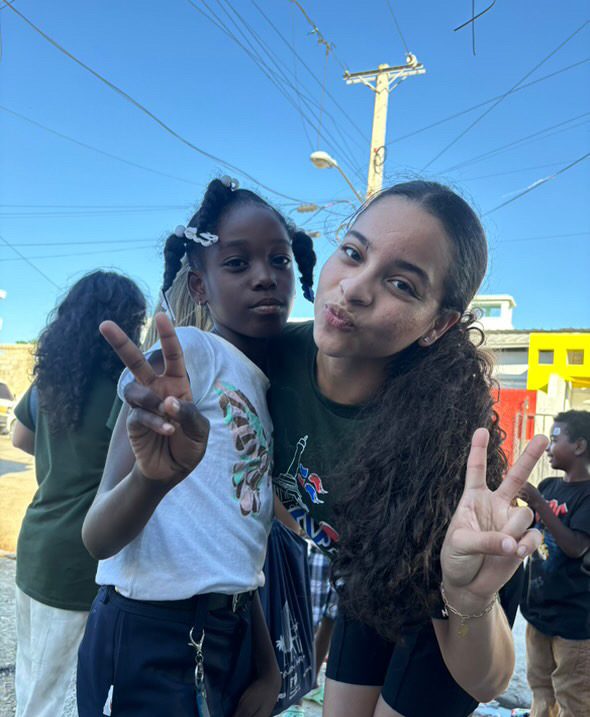
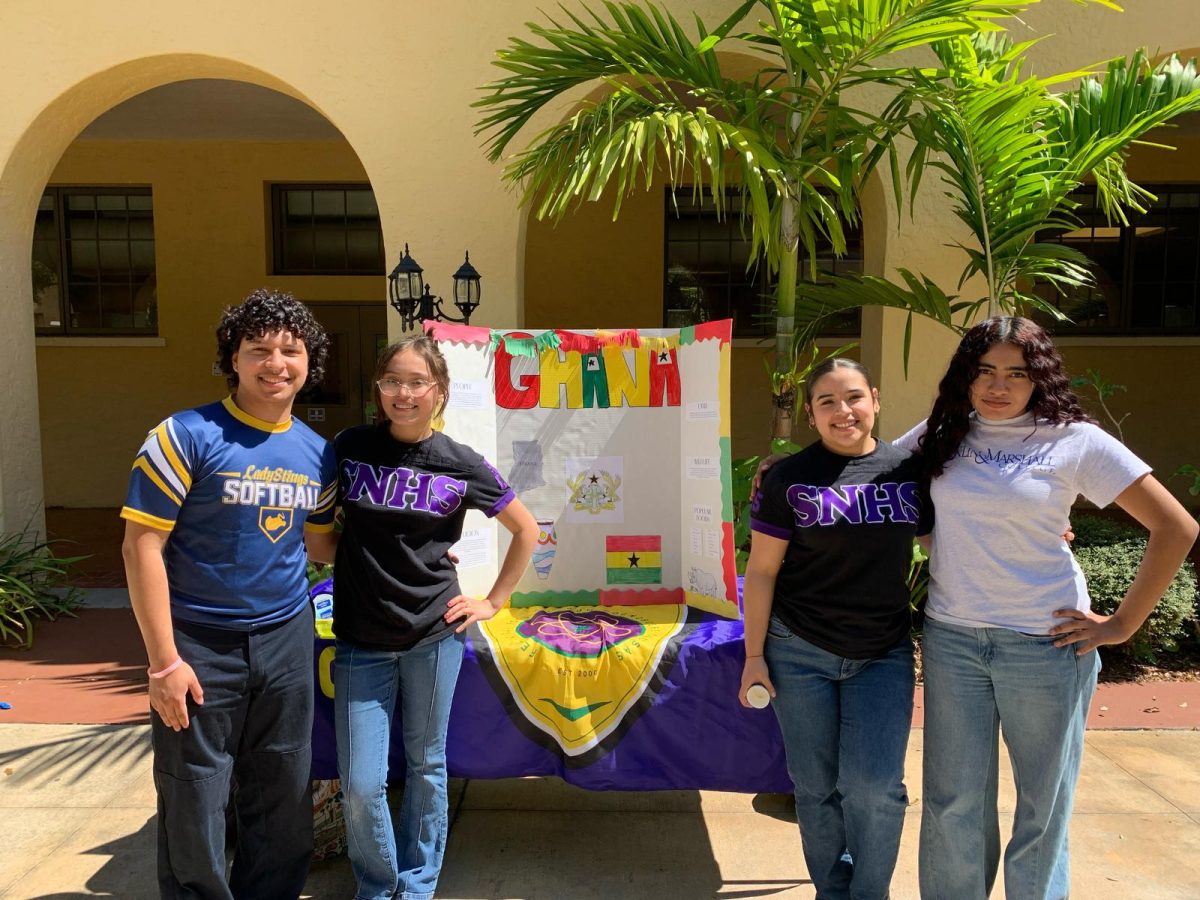
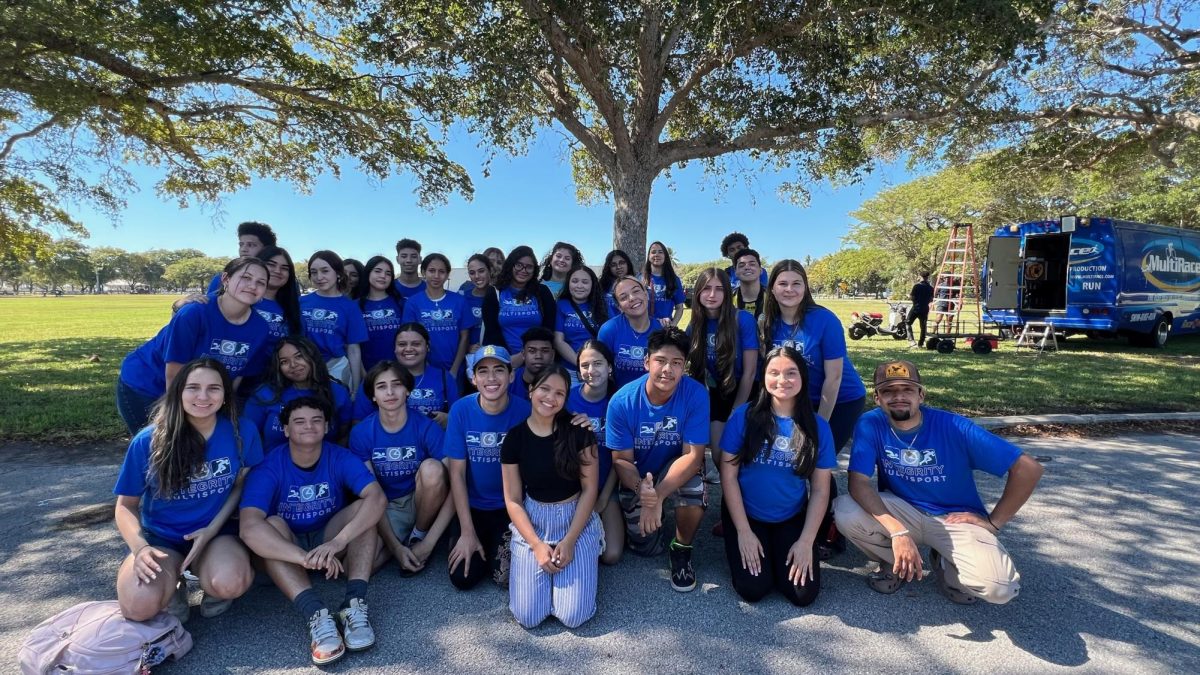
Lara L • Feb 3, 2025 at 3:28 pm
This is such a good story Angelina , honestly one of your best. I speak Spanish and reading this feels like you showed me your perspective very clearly and made me mad ngl because those dumb kids you didn’t deserve any of that.As long as you’re proud of your culture and stand by it,of course you’re a real hispanic
Ralph de la Portilla • Jan 31, 2025 at 5:39 pm
Outstanding and insightful… I don’t believe you’re the only one that has navigated these same experiences/feelings—all the better for readers that can relate to it! This is certainly content that opens up a lot of different conversations…
Bryan Ayala • Jan 30, 2025 at 2:11 pm
10/10 I really enjoy personal experiences when it comes to telling a good story.